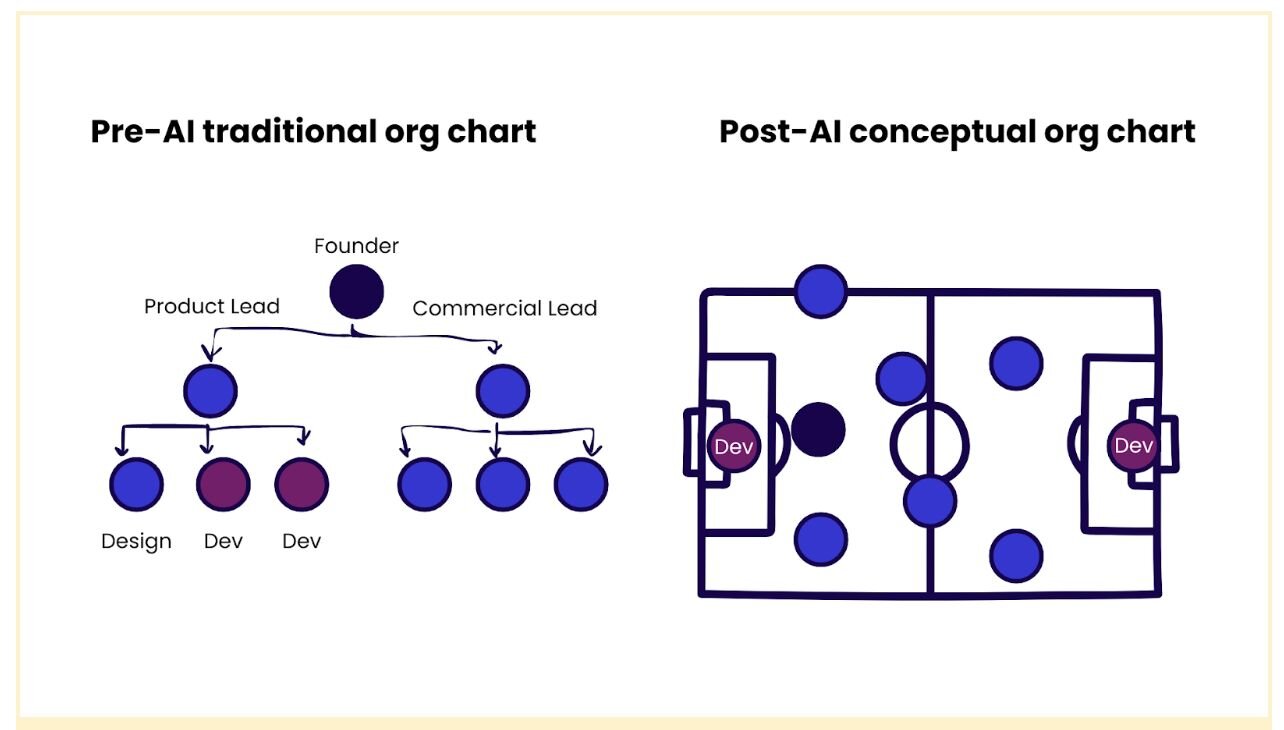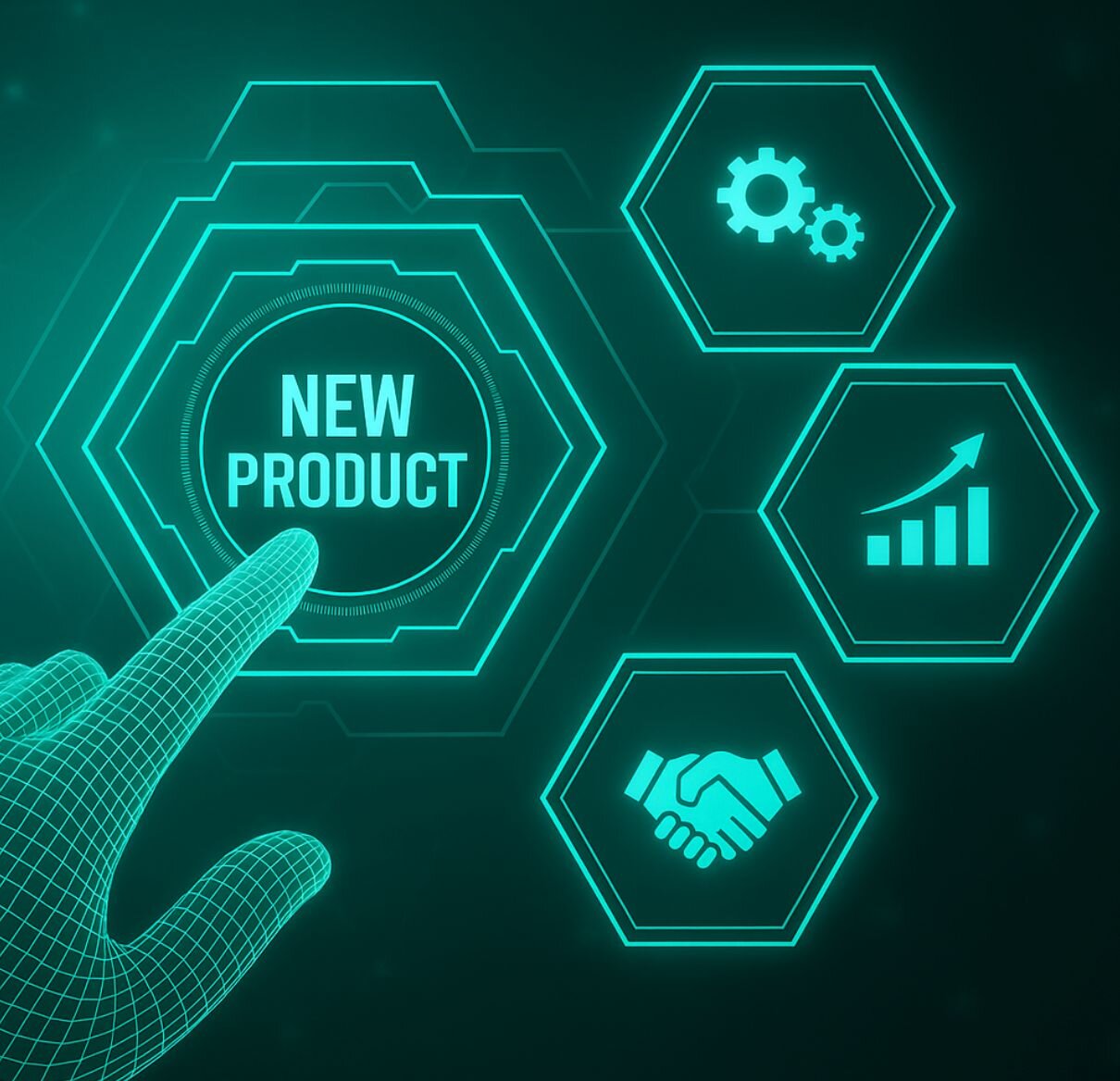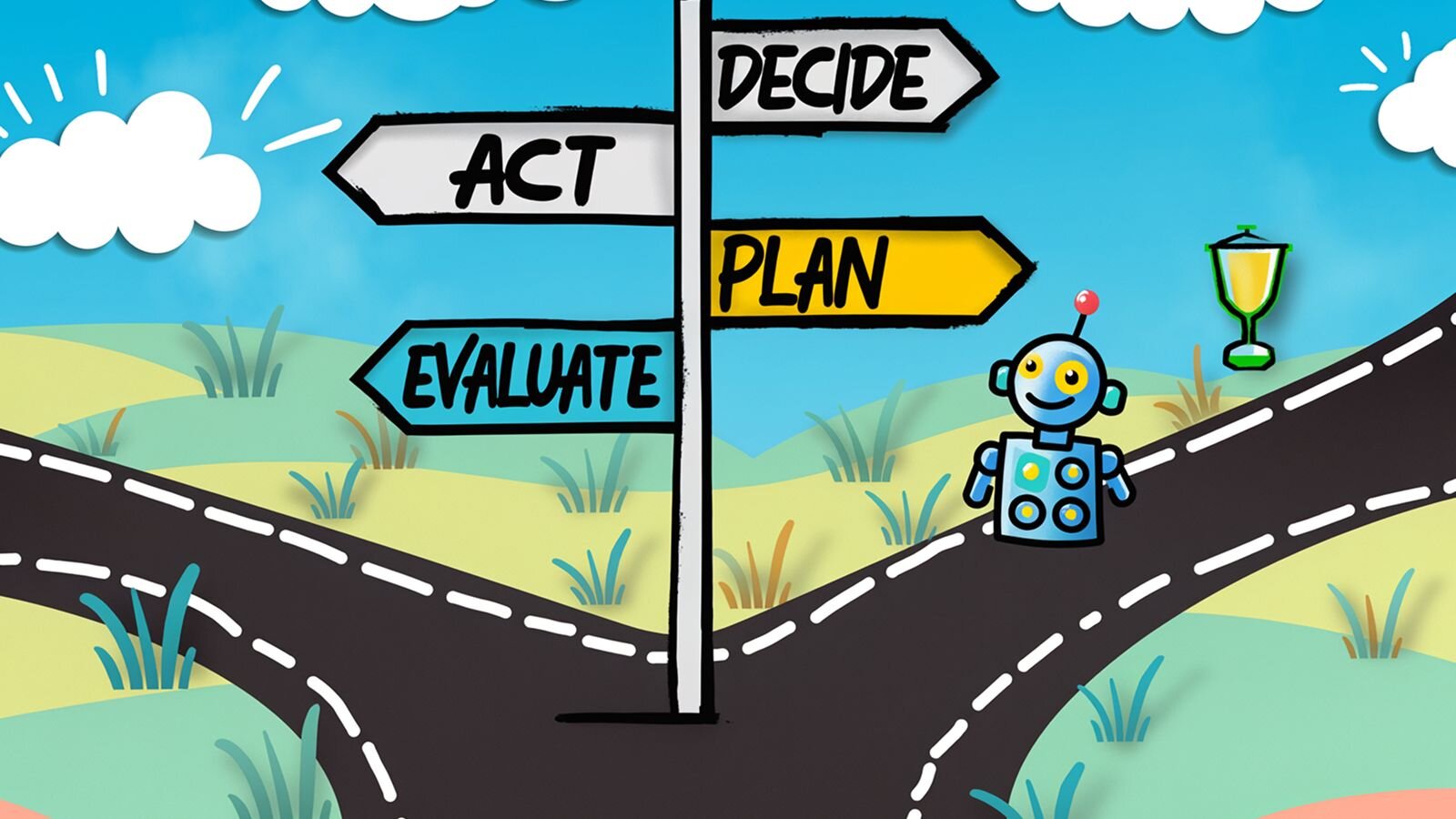Are you trying to break into product management or looking to fast-track your promotion? Getting your first product role is challenging, but excelling and advancing quickly in a fast-paced environment is even tougher. When I joined Clerkie, a Series A startup, as an associate product manager, I faced these exact challenges: learning on the job, making an impact, and proving my value.
Being early in a startup gave me an invaluable advantage: the chance to take on a high level of ownership right from the start. In startups, there is often no predefined path, which means more room to step up, learn, and make an impact. I've always chosen to work at startups precisely for the ownership they grant. This approach allowed me to become an integral part of the product journey, shaping its direction in ways that are harder to achieve in more structured environments. It wasn’t always smooth sailing—I made mistakes along the way. But owning them, learning quickly, and leaning on mentors helped me grow faster than I thought possible. In just six months, I earned my first promotion. Here are the three key strategies that made all the difference.
Work on the #1 priority product
"If you’re not working on something that can really move the needle, you’re wasting your time." – Jeff Bezos, Founder of Amazon
To accelerate your growth, you need to be working on something that is absolutely critical to the company. At Clerkie, I was assigned to our flagship product, which was the #1 priority for the company. This product was key to our growth strategy, and because of its importance, I regularly interfaced with the CTO and CEO. These interactions provided me with invaluable insights into the broader business strategy and the high-level decisions shaping the company’s direction. The stakes were high—if this product didn’t succeed, it posed a critical risk to the company’s existence. This kind of environment pushes you to learn faster, take bolder actions, and prove your value every day. If you are not working on this kind of product, start by charting out what the most critical products are and determine how you can contribute to them. Be open about your desire to get involved and make sure leadership knows your ambition. Seek out opportunities to work on the most high-impact projects you can find, where success is directly tied to the company's core objectives.
Work for the title you want
"I always did something I was a little not ready to do. I think that's how you grow." – Marissa Mayer, former CEO of Yahoo
If you are an associate product manager, do not limit yourself to associate product manager-level responsibilities. I acted as though I was the product owner, not just an associate product manager. I took on responsibilities beyond my role and delivered results as if I already held the title I was aiming for. Titles follow performance, not the other way around. By stepping up and showing that I could lead our flagship product, I demonstrated to leadership that I was ready for the next level. If you want that promotion, start acting like you’re already in the role you desire.
To get to this mindset, I consumed a lot of content that helped me frame my thinking. One of the key influences was the concept of 'Extreme Ownership' from Jocko Willink's book of the same name. The idea that you take full responsibility for everything in your world—whether or not it is officially 'yours'—became a guiding principle for me. This mindset drove me to own the product, lead initiatives, and solve problems proactively. Beyond just taking responsibility, it meant being accountable for every facet of the product—embracing the successes, owning the failures, and viewing obstacles as challenges to be overcome. This approach helped me focus on what truly mattered and allowed me to consistently step into leadership, demonstrating initiative and resilience even in high-pressure situations.
Another impactful read was Ben Horowitz's 'The Hard Thing About Hard Things', which helped me understand the gritty realities of making tough decisions and facing uncomfortable truths head-on. Being able to make decisions confidently and being comfortable with ambiguity made a significant difference in how I was perceived as a potential leader.
If you’re looking to grow, one of the most impactful steps you can take is to understand the responsibility matrix within your organization. A responsibility matrix outlines the expectations, competencies, and deliverables associated with each role. Seek out a product management responsibility matrix, or create one collaboratively with your manager, to gain a clear understanding of what is expected at different levels. Once you have that matrix, use it to chart a path for your development. Be transparent about your ambitions with your manager—ask how they think about responsibilities and titles, and what would be needed for you to advance. Then, actively work to exceed those expectations and go beyond your current responsibilities. This proactive approach shows that you are not only meeting the bar but are eager to set a higher one. Leadership is as much about mindset as it is about skills, and pushing beyond the defined boundaries of your role is a great way to demonstrate readiness for the next step.
Visibility matters: Be known, be competent
"If you don’t share your ideas, no one will know how good they are. Make sure your work gets noticed." – Sheryl Sandberg, COO of Meta
To truly excel, you need to be known and be competent. Work in public, share your progress, and make sure that people within your company know what you're working on and what you've achieved. You want to be the person who pops into someone's head whenever they think about expertise in your product area. This means presenting your work at team meetings, proactively sharing updates, and creating visibility for the value you're delivering. I remember several times when salespeople would reach out directly to me because they knew I had the answers they needed, or when customers specifically requested to speak with me because they had heard about my involvement. This visibility didn't just happen on its own—I worked hard to ensure that my work was known and accessible.
Moreover, it's crucial to encourage this behavior across your team. When other members are sharing their progress and expertise, it not only helps them grow but also fosters a culture of open communication and trust. Empowering your team members to become known for their competence strengthens the entire organization. When people see you consistently showing up with competence, they know you’re the person to come to for insights, decisions, and leadership in your space.
These three strategies—working on the #1 priority product, working for the title you want, and being visible and competent—helped me drive meaningful impact in my first six months, ultimately leading to my promotion. But it's important to stress that being promoted was never the goal—it was simply the effect of loving the work I did and striving to create impact. Promotion is a byproduct of enthusiasm, curiosity, and dedication to your craft.
Resources that helped me succeed
There are countless resources out there for aspiring product managers, but you don't need to read all of them. Pick 2-3 that resonate with you and dive deep. One of the resources that had a big impact on me was the 'My First Million' podcast, which provided valuable insights on entrepreneurship and scaling ideas. I also learned a lot from Lenny's Newsletter, which is an incredible resource for understanding product strategies, product manager skills, and real-world examples of what works. Most importantly, peer learning has been one of the most effective ways for me to grow—learning from other product managers, exchanging ideas, and getting behind-the-scenes insights that people might not be comfortable publishing broadly.
Working at an early-stage startup allowed me to have hands-on involvement across multiple facets of the product, which significantly accelerated my learning and growth. The beauty of these principles is that they aren’t limited by the scale of your company; they work whether you’re at a small startup or a large organization.
If you want to accelerate your growth, find critical projects to work on, adopt the mindset of the role you want, and make sure your work is visible and respected. The opportunities are there—sometimes you just need to make them visible.
Are you in your first product role, or looking to break into product management? Start by identifying high-stakes projects, stepping up beyond your title, and building relationships across the organization. These actions could be the difference between just doing your job and being recognized for your impact.
I’d love to hear your thoughts—what actions have helped you grow in your product journey? Feel free to connect and share your experiences!







